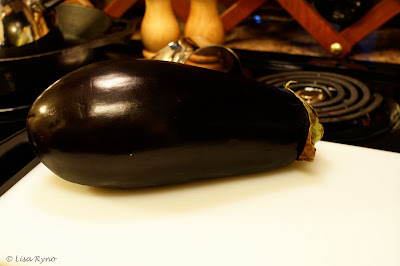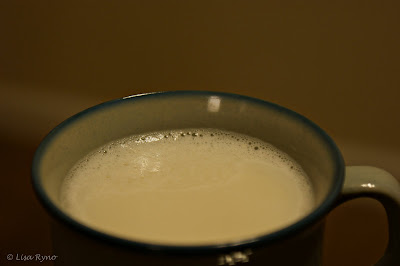
Expensive little buggers.
Anyway, this is (theoretically) a renewable recipe. Vanilla extract is essentially made by immersing vanilla beans (split or whole, depending on the strength of extract you are looking for) in alcohol for a period of time in order to extract the organic molecules that make up the "vanilla" flavor that we've come to love. The recipe is renewable because once the vanilla beans have been immersed in the alcohol (vodka and rum are the most popular choices) you can decant (pour off) the liquid, fill 'er up again, add a bean or two, and you're making a whole new batch of extract. I think this would be a pretty neat gift to give a Christmas, provided you had cute bottles to put the extract in. Moreover, you can wow all your friends by saying you know something about food chemistry. Just say "aldehyde" "enzyme" "ester" and "nummers." It'll definitely get the point across.
I read a paper from the early 1900s about vanillin (one of the major organic molecules associated with vanilla extract and flavorings) a few weekends ago, but I can't find it now. Story of my life. I was going to sound all smart and cool, and then the plans fell through.
Y'all still love me though, right? Mom?? You still there?
So if you have some extra booze and some vanilla beans lying around, you might as well make this extract.
The amounts listed below are based on a back-calculation from the FDA standards, assuming that 13.35 oz of beans is equal to about 7.5 whole beans (I gleaned this figure off of a message board somewhere...), with a few calculations and a little dimensional analysis...
hang on....carry the 4...

Well, I'll spare y'all the math, but rest assured that there are about 6 beans per cup of extract (which should be about 35% alcohol).
Sooo...that's what I did! I used an old Starbucks bottle as the storage vessel, and initially sterilized the bottle with boiling water before killing all the other nasties by pouring vodka in it :). Then I just shoved the beans in (unsplit for this go around), and pushed them below the solvent line with a sterile knife.
I'll try to update every once in a while to show y'all the coloring change of the solution, and what happens when you shake the bottle up every week. (Ahem, obviously those won't be black and white photos...)

I hope my randomness has at least been slightly entertaining, if not educational. More information about vanillin and the vanilla bean drying process (which is actually pretty cool--did you know that the vanilla bean is actually the fruit of a particular type of orchid??), consult wikipedia :).































